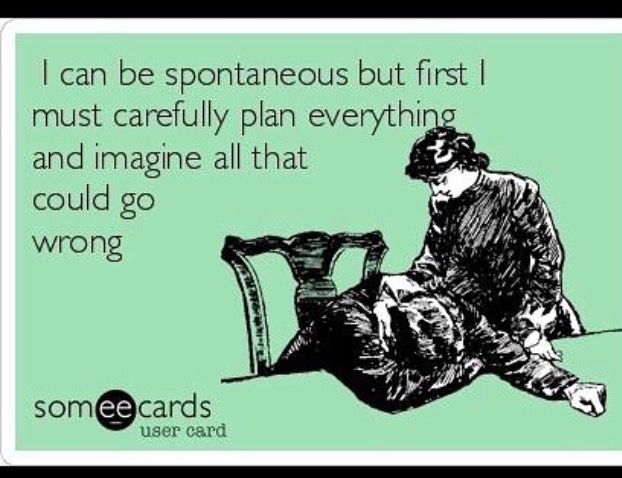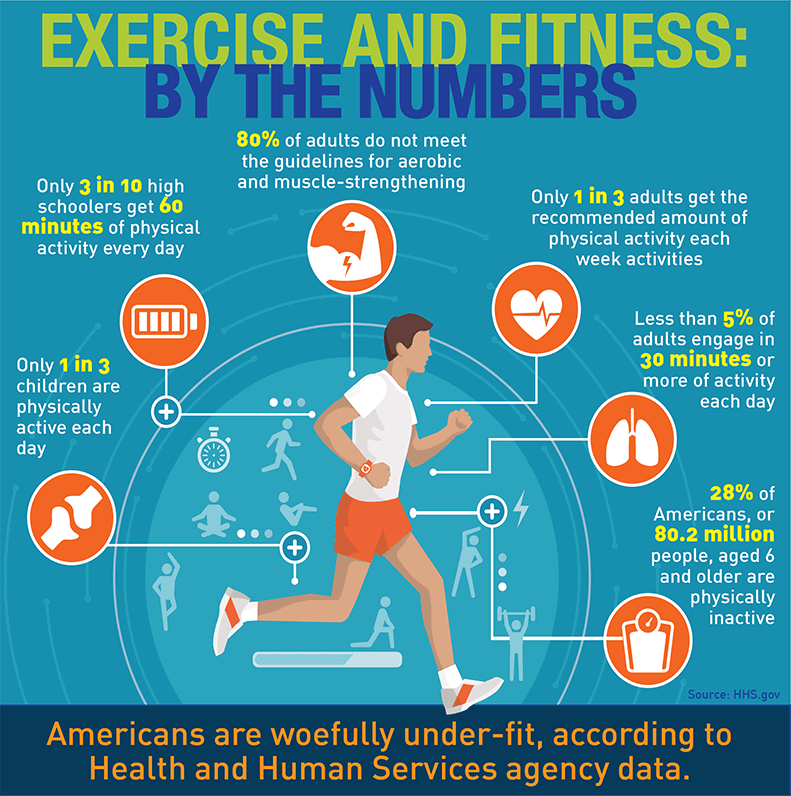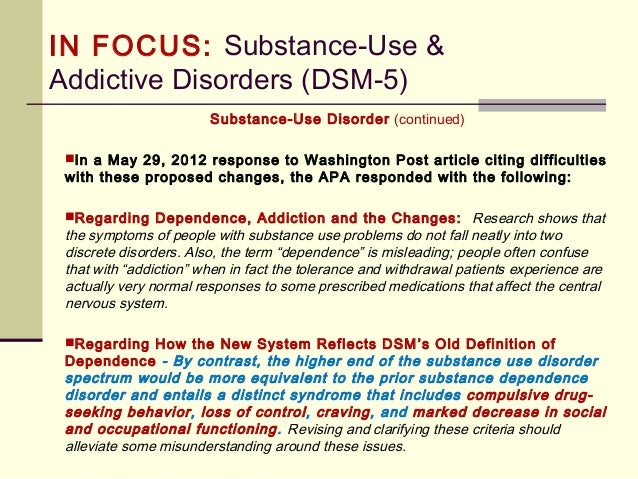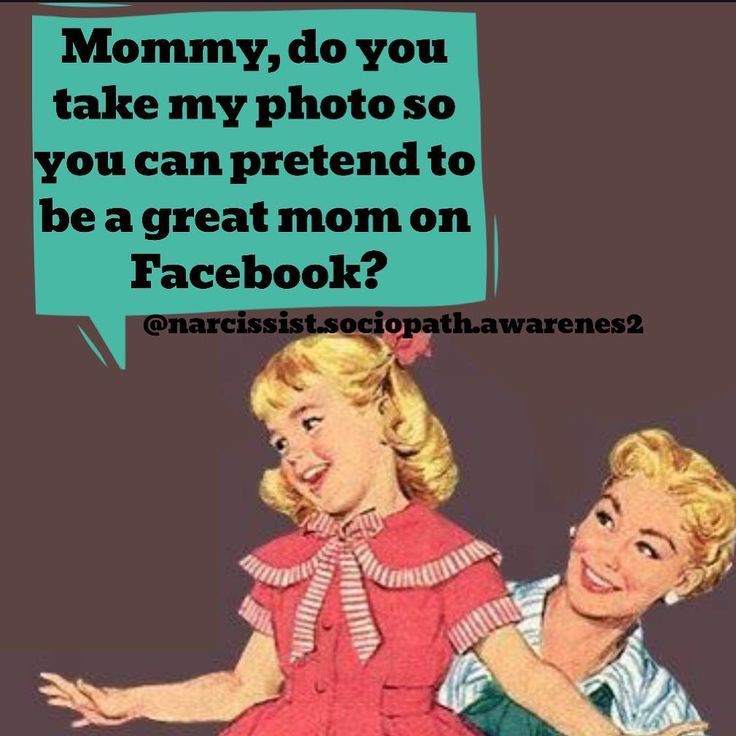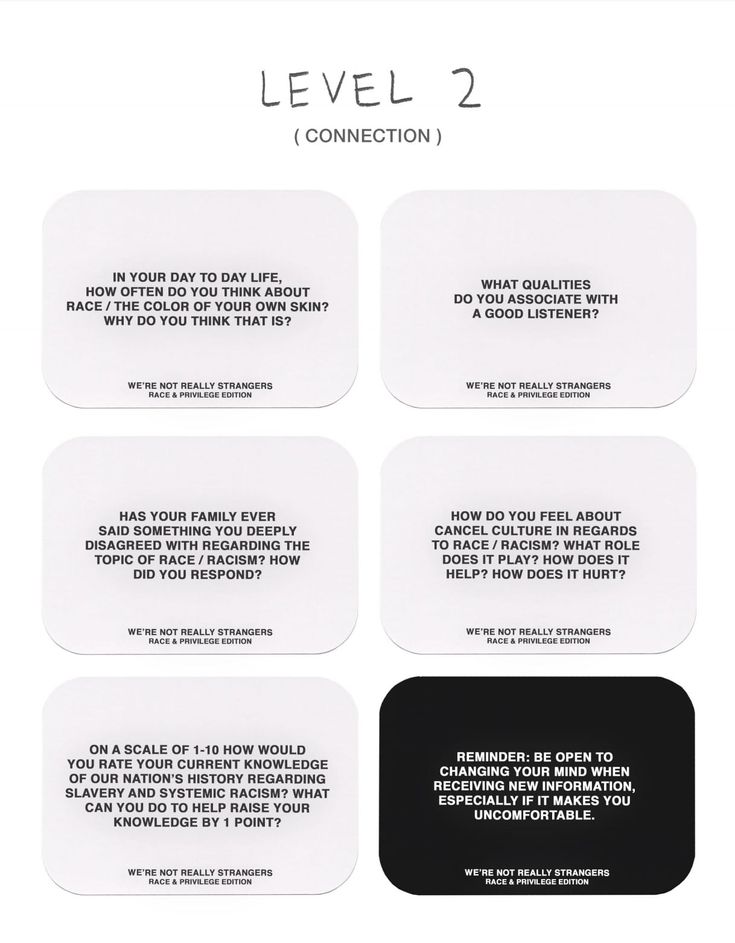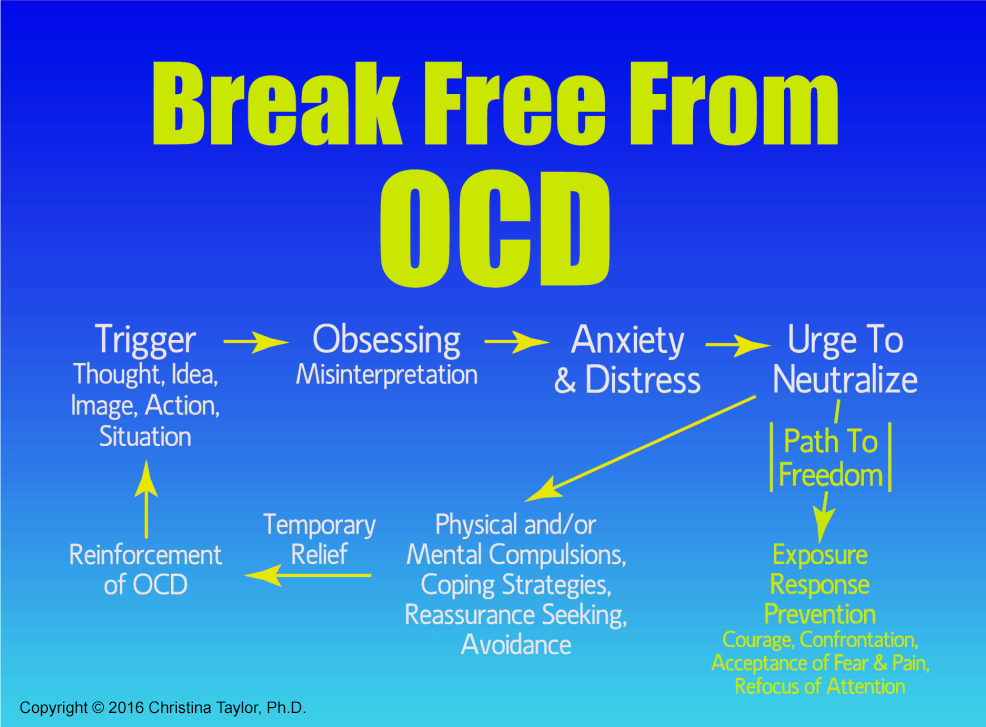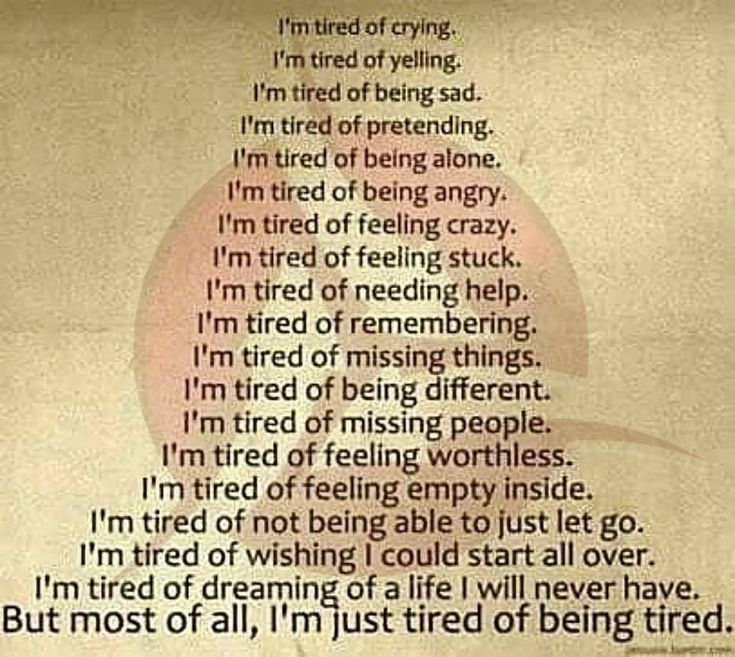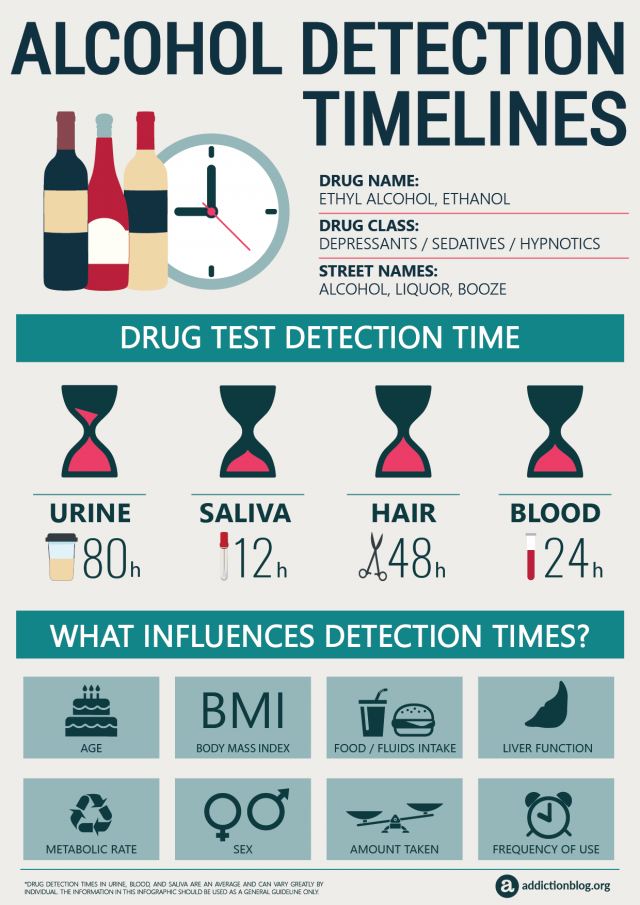How to know if you re making the right decision
Am I Making The Right Decision? | Signs You Might Be Making A Mistake
We all face big decisions from time to time. When contemplating a career change, deciding whether to start a family, or grappling with any other big decision, it can be difficult to know which path to choose.
Things would be a whole lot easier if you had a crystal ball to help you with those decisions. Unfortunately, life doesn’t work that way.
Instead, the real way to determine how to know you are making the right decision is a bit more complicated. It involves a whole lot of reflection and even some risk-taking, which can be scary and overwhelming.
However, it can also be exhilarating. Your choices are your own, which means the possibilities are endless! You can do what you want and be who you want to be--if you give yourself that permission.
While you can’t wave a magic wand to make those hard choices for you, you can use my tips below to get a clearer sense of whether you’re making the right decision.
Let’s dive in.
How to know if you are making the right decision
You are the only person who can truly know what’s best for you. These strategies can help you determine whether you’re going down a path that resonates with what you truly want.
Listen to your gut
There’s something to be said for trusting your gut. Oftentimes, that little voice inside your head is reminding you what feels right.
Things like overthinking, comparing yourself to others, and input from others can make that little voice quieter than usual. However, if something deep inside you is telling you that you’re making the right decision, it’s worth trusting it.
The same can be said for when you get a nagging feeling that you’re choosing the wrong thing. Maybe you feel pressured into making a certain choice that just doesn’t feel right for you. That’s completely valid too.
Spend time reflecting on your values
Listening to your gut can be easier said than done, especially when that little voice in your head is more of a whisper. Taking time to reflect on what’s truly important to you can help make it louder.
Taking time to reflect on what’s truly important to you can help make it louder.
Prayer, meditation, journaling, art, and time spent in nature are all excellent tools for reflection. Use whatever makes sense to you, even if it’s not listed here.
Once you’ve dedicated this quiet time to yourself, think about what you value. Is it connection? Is it adventure, authenticity, or expression? Whatever it is, think about how your decision either supports or goes against your value.
Imagine both kinds of “what ifs”
It can be hard to break the cycle of self-doubt once it settles in. While it’s natural to consider possible outcomes of any given decision, you may not realize that your mind tends to focus on the negative rather than the positive.
If this is the case for you, challenge yourself to explore some positive “what ifs.” For example, if your mind keeps asking, “What if I hate the new city I’m moving to?” gently let yourself entertain the question, “What if I love it? What if I make tons of new friends? What if I love exploring my new neighborhood?”
Work through it in therapy
It’s true that you’re the only person who can truly know if you’re making the right decision.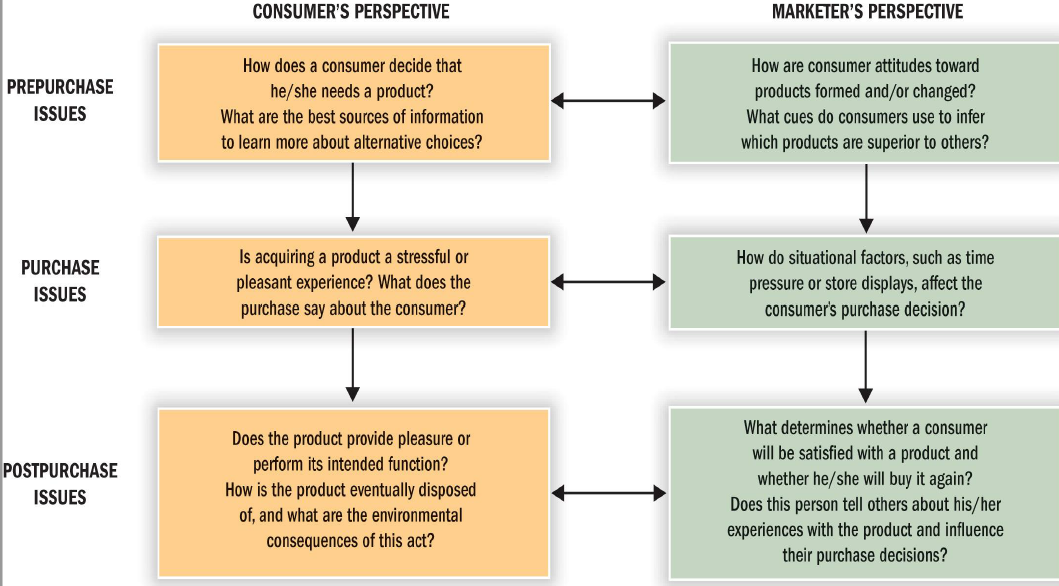 However, you don’t have to go it alone. Having the support of a therapist can help.
However, you don’t have to go it alone. Having the support of a therapist can help.
As a therapist myself, I work with anxious millennials who are struggling with problems like this. I can help you turn down the dial on your anxiety and break thought patterns that keep you stuck in a loop of self-doubt. Together, we’ll get to the root of what you want--not what other people are telling you to do or what you think you “should” do.
Think we’d be a good fit? Schedule a complimentary consultation so we can chat (I work with residents of Idaho, Iowa, and North Dakota).
Zoom out the lens on your life
When we’re grappling with a tough choice, it can feel all-consuming. While it’s important to carefully consider decisions--especially big ones--you also run the risk of overthinking. Becoming too absorbed with your thoughts about your situation can paralyze you from taking any action.
If you feel like you’re drowning in anxious thoughts about your decision, genty take a step back and zoom out the lens on your life.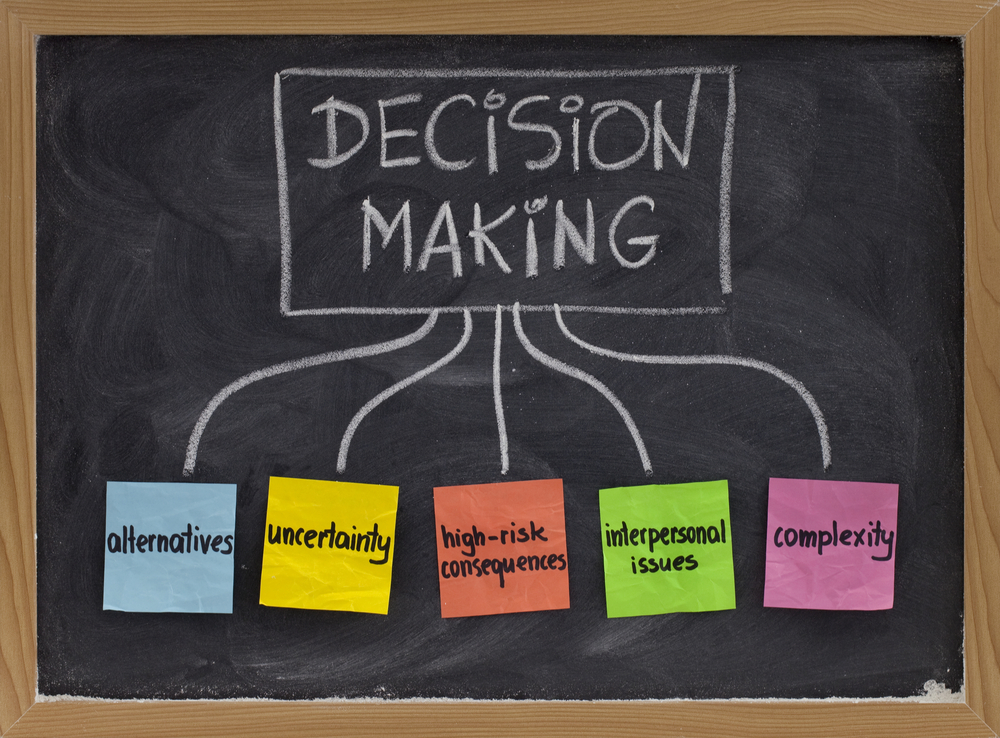 Remind yourself that this choice is just one of many you will make (and have made!) throughout the course of your life.
Remind yourself that this choice is just one of many you will make (and have made!) throughout the course of your life.
Even though it may not feel like it at the moment, this decision will not make or break your life. It will be what you make of it.
Consider the advice you’d give a friend
Things always feel different when they’re happening directly to us. In this case, it can be useful to imagine the advice you’d give a friend if the roles were reversed.
If a friend was going through the same situation, how would you support them in making this choice? Would you think they are doing the right thing for themselves?
While this technique isn’t foolproof, it can help you take a more objective view of your situation. Hypothetically, you wouldn’t need to agree with every choice a friend makes, but this strategy is useful for getting a different perspective on whether you’re making the right decision.
Therapy can help you navigate how to know if you are making the right decision
Still not sure if you’re choosing the right path for yourself? Consider therapy--I can help you navigate your decision.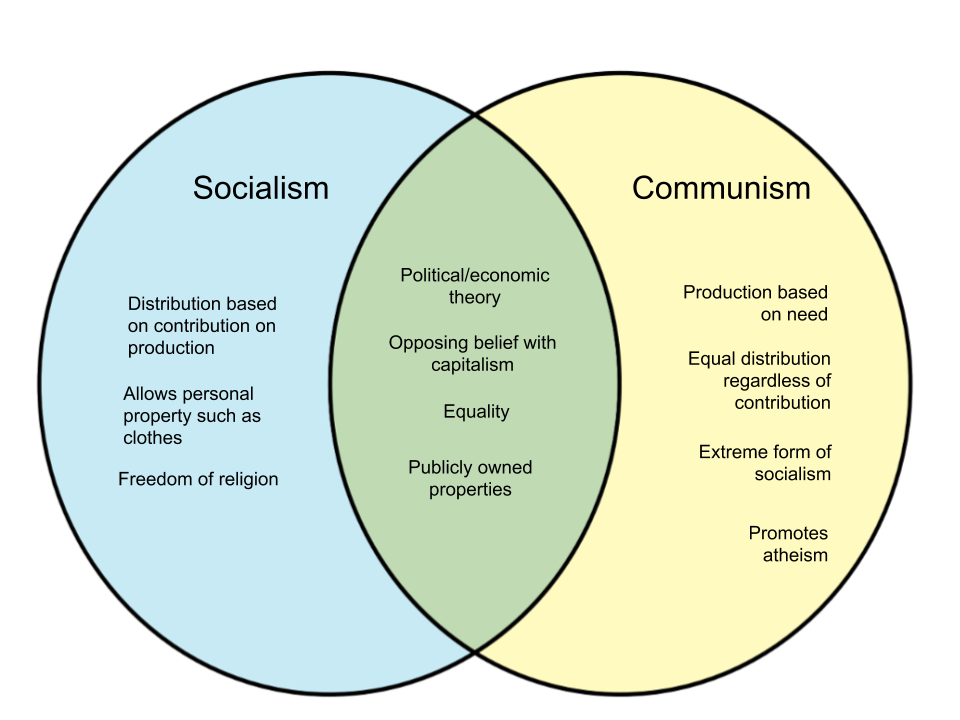
While I won’t tell you what to do, I can help you get to the heart of what you want for yourself. Sometimes the anxiety from external (and internal) pressures can drown out the voice in our head and heart that tells us what we really want.
During our work together, you’ll learn how to manage your anxiety, stop doubting yourself, and step confidently into a decision that’s right for you.
I’m ready if you are. Reach out today to schedule a complimentary consultation.
Meet the author
Danielle Wayne
Danielle is an anxiety therapist. She specializes in helping busy millennials dial down their anxiety and ADHD, so they can perform at their best. Danielle has been featured on Apartment Therapy, SparkPeople, Lifewire, and Now Art World. When Danielle isn't helping her clients, she's playing video games or spending time with her partner and step children.
January 11, 2023
5 Ways to Fight Seasonal Depression this Winter
Read the post
December 31, 2022
Dealing With Family Expectations in Adulthood: 5 Ways to Cope
Read the post
December 17, 2022
When Family is Toxic: How to Deal With Stressful Family Gatherings
Read the post
10 Sure Signs You’re Making The Right Decisions | by Devin Justesen
Photo by AuthorThroughout my life, I have struggled with one thing… Indecisiveness.
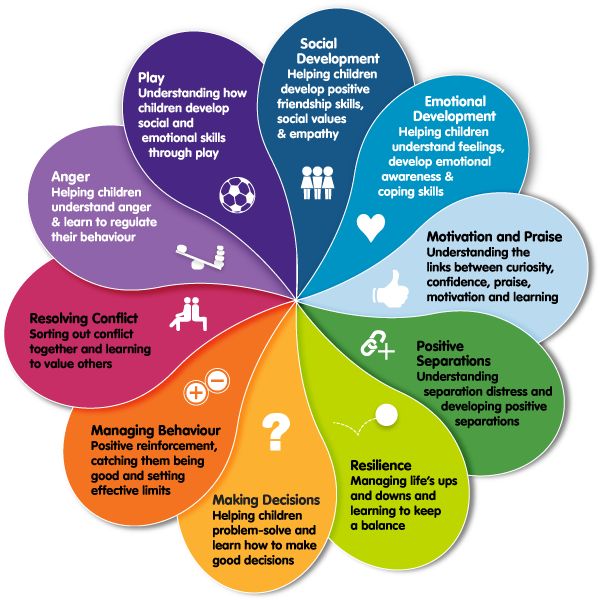 There are a variety of different influences that make us all susceptible to this pretty tough personality trait, but one of the main reasons is we all have a fear of making the “wrong” choice or changing in the “wrong” ways. But recently I came across a quote that said, “All change is good change” and though I have my qualms with the complete validity of this quote, I am certain that the core concept is very true. Complacency is death, and change is movement, so change must be good… Right?
There are a variety of different influences that make us all susceptible to this pretty tough personality trait, but one of the main reasons is we all have a fear of making the “wrong” choice or changing in the “wrong” ways. But recently I came across a quote that said, “All change is good change” and though I have my qualms with the complete validity of this quote, I am certain that the core concept is very true. Complacency is death, and change is movement, so change must be good… Right?It’s our fear of making the wrong move that often makes us freeze in place. Whether that’s a job we have never really liked, a relationship that we don’t feel fulfilled or that we’re growing, and even keeping negative people in our lives simply because the idea of letting things go makes us freeze in place.
The short answer is a resounding YES! Change is so good for us! Deciding to rebrand, change old habits, and even distancing ourselves from people that have negative influences on us is a very good and healthy thing to do. Interestingly enough, we think the scary part is simply making those choices, those life-changing decisions. But what I have learned through my own personal experiences is that often time it’s the after-effects of our choices that make us question things the most.
Interestingly enough, we think the scary part is simply making those choices, those life-changing decisions. But what I have learned through my own personal experiences is that often time it’s the after-effects of our choices that make us question things the most.
I haven’t been on the earth all that long (about 25 years) and throughout my life, I have already felt the paralyzing fear of indecisiveness. First I couldn’t decide where I wanted to go to college, what I wanted to study, who I wanted to date, who I wanted to marry (when our relationship started growing in that direction), if I even wanted to get married, and of course what I wanted to do with my life after school. I grew up in a very conservative, loving, and connected home. We are a family of “authorities” as I like to call ourselves, where so many of us feel justified and qualified in loudly stating our opinions and advice to our other family members. I love my family so much, but sometimes I worry that our family dynamic has led to many of us being unable to make decisions confidently. Though my parents often urged us to make our own decisions, there always was an underlying “but you should do what we told you” feeling to each experience.
Though my parents often urged us to make our own decisions, there always was an underlying “but you should do what we told you” feeling to each experience.
It wasn’t until I was nearing the end of time at college that I had a realization.
Our reality is heavily dependent, if not completely dependent, on our perception. If you believe something is good, it’s going to be good. If you believe it’s bad, it’s going to be bad. If you perceive your parents, friends, significant others advice is gospel, it will become gospel. The dangerous aspect of this is that if you believe the choices you are making are “wrong” or that the change you experience is “bad” it can become those very things.
This leads us often to completely second guess ourselves, lose our confidence, and can shed some light on why many people especially within my generation are terrified of making choices, whether big or small.
Our perception has such a strong influence on how we feel, how we think, and what we do. With that, it’s important to remember that your perception can be biased, and heavily influenced by the words of others. Though these people often mean the very best and truly want us to be happy, sometimes these loud voices can drown out our self-confidence, and that assurance that we’re doing okay.
With that, it’s important to remember that your perception can be biased, and heavily influenced by the words of others. Though these people often mean the very best and truly want us to be happy, sometimes these loud voices can drown out our self-confidence, and that assurance that we’re doing okay.
That’s why phrases such as “I’m proud of you” or “You look so good!” are such empowering statements. These statements validate our current perception of our reality and make us feel sure that we’re living the right way for us. It wasn’t until I heard my parents say these words to me that I felt validated that I was doing the right thing with my life, no matter how complicated or unorthodox it may seem.
So I began thinking about a way for people to look at their current perception, and be “self-validated” that they really are doing okay! So many of us constantly feel inadequate, behind, or that we’re simply not enough. We feel like our life choices have left us stuck and stranded in our current state of life, and that it was our “unlucky” choices that brought us to this point in life. As I started thinking about all the different feelings I experienced before and after making “large” life decisions, I decided to create a list that would remind us that we are enough, we’re making the right choices, and we are right on time with our path in life.
As I started thinking about all the different feelings I experienced before and after making “large” life decisions, I decided to create a list that would remind us that we are enough, we’re making the right choices, and we are right on time with our path in life.
- You’re going to be at least a little scared. Fear is a common, and very normal feeling before making any decision. Just because you feel scared does not mean that you are making the wrong decision. More often than not, it’s a sign you are in fact making the RIGHT decision because that fear is going to push you to grow. Like being dropped into the deep end of the pool, that feeling of sink or swim can often yield the best and long-lasting results. So embrace the fear. Welcome it. Don’t let it stay, but realize that this is normal.
- The loud voices will start sounding. People don’t want to see you change. We all love routine, and many people, though their intentions are entirely pure 90 percent of the time, want their friends and family to stay the same too.
 They want to be on the same or higher level than you at all times. So when the voices start surrounding saying what you “should” or “shouldn’t” do, realize you are probably taking some very much needed steps in the right direction.
They want to be on the same or higher level than you at all times. So when the voices start surrounding saying what you “should” or “shouldn’t” do, realize you are probably taking some very much needed steps in the right direction. - You’re going to feel uncomfortable. Whether that’s starting a new job, leaving a relationship, or questioning your beliefs, it’s going to be uncomfortable. Cognitive dissonance is a very real effect of changing, but cognitive dissonance does mean the change is negative. It just means you are breaking away from some very engrained mindsets and things that are a part of your current perception. But oftentimes like a plane rising above the clouds, you have to break through the turbulence and that discomfort to reach your higher plane.
- You’re going to question yourself. Simply put, you’re going to think at least a few times that you’re making the wrong choice. Listen to that inner voice, but remember that the voice speaking to you is based on your current perception of your reality, not necessarily where you want to go.

- You’re going to feel your confidence grow. Taking the reins of your own life BOOSTS your confidence, and reminds you that you are capable of so much good in your life and others.
- You’re going to make new and wonderful friends. The confidence you will begin to build can only bring new people into your life, and it’s so important to welcome these new people into your world. Treasure the memories and lessons learned with those that are leaving, and welcome in the new.
- You’ll find yourself making more and more decisions more quickly. Once the ball begins to roll, you’ll begin to feel your confidence in simply deciding and making choices growing.
- You’re going to feel much happier.
- You’re going to realize that decision HAD to be made, and you can’t imagine what your life would have looked like if you would have made the other choice.
- You’re going to love your new reality.
— Devin J
If you enjoyed this piece or anything else I have written, please give me a like and a follow! I’ll be sure to follow you back!
The Art of Decision Making: Faster, Easier, Better
Decision making is often a stressful situation, even if the consequences are not life-changing.
 Doubts about the rightness, fear of making a mistake, searching for the ideal path - all this prevents us from making a choice. T&P tells how to overcome these barriers and learn to listen to yourself, because the ability to make decisions in a short time and with the least amount of energy expended is an essential skill for a leader. nine0003
Doubts about the rightness, fear of making a mistake, searching for the ideal path - all this prevents us from making a choice. T&P tells how to overcome these barriers and learn to listen to yourself, because the ability to make decisions in a short time and with the least amount of energy expended is an essential skill for a leader. nine0003 What prevents us from making a decision
Every day we face one of the most difficult tasks - to make a decision, from choosing a product in a store to moving to another country. It is not easy for many to make a decision that is not really life-changing. There are many techniques, schemes for calculating and predicting scenarios. However, first you need to understand what barriers prevent you from making a decision - regardless of its significance:
Search for the ideal solution
Author of the book “Learning to make decisions. Fast, accurate, right" Matthias Nelke wrote that there is no "perfect option": "He who strives for perfection runs the risk of never making a decision. In many cases, it is important not to strive to choose the best option, but to arrive at an acceptable solution with the help of available means, even if a better one exists.
In many cases, it is important not to strive to choose the best option, but to arrive at an acceptable solution with the help of available means, even if a better one exists.
Distrust of yourself
Doubts about your own ability to make the right decision lead to the fact that you put off this moment or shift this task to someone else. nine0007
Fear of making a mistake
This fear is directly related to the search for a "perfect solution" that does not exist. As a result, any option seems to be erroneous and leads to unfavorable consequences. However, if you give up the ideal and learn to separate the important from the paramount, then you will be able to overcome fear.
Questions like “to be or not to be?” cause confusion and slight anxiety? A course on decision making will help you.
Indecision can be caused by anxiety. Some people are held back by the fear of making the wrong decision and suffering the consequences or remorse. Anxiety about error and feelings of guilt, omission, exposure, or ignorance are common.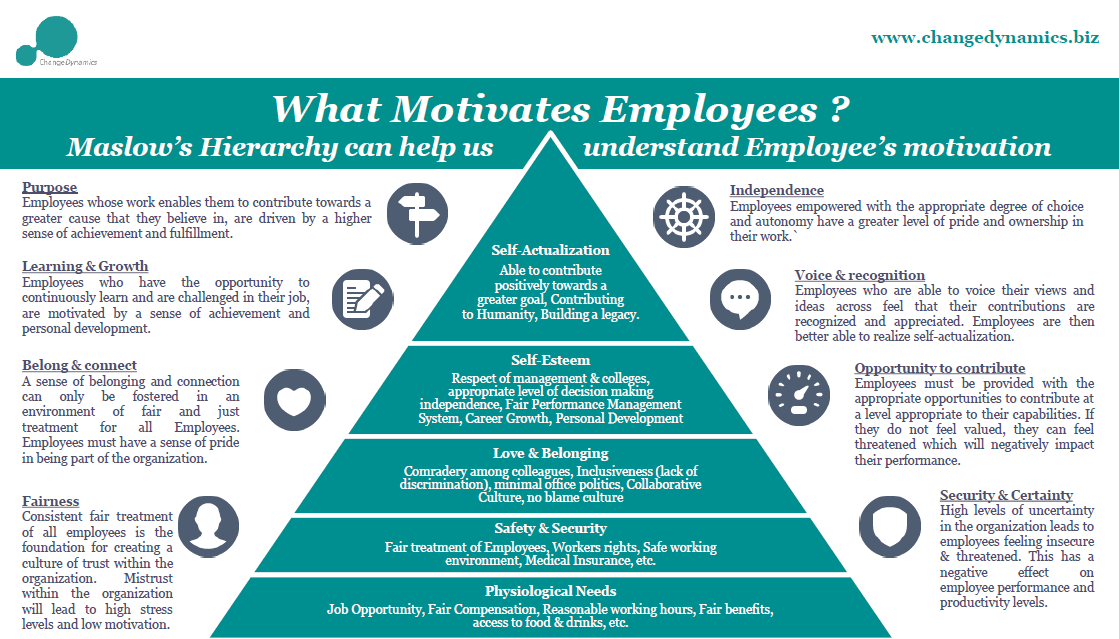 Sometimes people are paralyzed by the fear of hurting or alienating another. nine0024
Sometimes people are paralyzed by the fear of hurting or alienating another. nine0024
The first thing to do if you're having trouble making decisions is to see if you're depressed. Helplessness, hopelessness, anhedonia (lack of pleasure), fatigue, or apathy can distort your perception and prevent you from acting or seeing clearly.
Finding the root of the problem leads to the right solution. Optimism, motivation, and energy to act rise to the surface when we understand the problems. nine0024
Carrie Baron
Psychotherapist, MD
What are the solutions
Sergey Zmeev in his book “How to make decisions correctly and quickly. Determination is your Path” classified decisions as follows:
-
emotional
-
rational
-
strong-willed
-
intuitive
These types of decisions are not "right" or "wrong" in and of themselves, but their correct application in a given situation can speed up the decision-making process. nine0007
nine0007
For example, if you have little to no information and a decision needs to be made in seconds, then it is likely to be emotional or intuitive. Attempts to reason and make a decision logically in a given situation can lead to adverse consequences and inaction.
Zmeev warns that many of us confuse emotional and intuitive decisions. However, the second is not involved in the first. Emotions are superficial, intuition is an inner sensation that needs to be noticed, which takes some time. For emotions, this is not necessary, they decide for you. In this case, you are easier to manipulate, and emotional people, as a rule, choose the easiest way. nine0007
There are situations in which it is better to rely on feelings than on reason:
-
if you need to get real results quickly
-
when it comes to human relations
-
if you have to make a decision under uncertainty
“Learning to make decisions. Fast, precise, correct”, Matthias Nelke
Questions like “to be or not to be?” cause confusion and slight anxiety? A course on decision making will help you. nine0007
nine0007
Intuitive solutions can complement rational ones. Having selected several seemingly equivalent options, an inner voice can guide you. During rational decision-making, you operate exclusively with facts, analyze and calculate ahead. However, in this situation, the search for a solution may be delayed, since there are an infinite number of options. You are not able to determine exactly how events will develop.
Source: supatom / istockphoto.com
Steps to help you make decisions
Set clear goals
The goal of any decision is to get out of a situation of uncertainty. However, this is not enough, any task has a context that must be taken into account, and the timing of its implementation. Ask yourself: Why are you making this decision? What meaning does it have for you?
Ask specific questions
Question “Where can I get a second higher education?” by itself means nothing. “Where can I get a second higher education in the city of N in order to gain practical skills, change my profession and start working in the field of N in N years?” - a specific question, which already contains the criteria for choosing an institution. nine0007
nine0007
Match goals and options
Do all options match your goal? Do they help you achieve it? By eliminating, you will reduce the number of options and make it easier for yourself to choose.
Set deadlines for making decisions
If you calculate options for the development of events without limiting yourself in time, a decision will never be made. In addition, in such a situation, it will be difficult for you to catch the flow of thoughts and structure them, since nothing stops them. nine0007
There is a conditional two-minute rule. It is recommended to contact him if you cannot make a decision for a long time. By setting yourself two minutes, you will find yourself in a simulated stressful situation, and the brain will begin to work in a different way.
Gather more information, but don't try to predict everything
If you can gather more information about a problem, research it. However, remember about time limits and the fact that it is impossible to know everything. Your task is to raise awareness in order to operate with facts within the framework of your goal. nine0007
Your task is to raise awareness in order to operate with facts within the framework of your goal. nine0007
Write down and verbalize your solutions
By writing down and verbalizing a problem, you structure your own thoughts and notice things that used to pass you by. It’s as if you are looking at the task from the side and evaluating it coolly.
Pre-check the result
Try to imagine that the decision has already been made and feel yourself in a situation that has not yet happened. You may begin to experience discomfort, which may be a signal. “You should always be checking how your decision “feels”. It is very imprudent not to pay attention to any forebodings,” says Matthias Nelke. According to the author, intuition may appear in this situation. nine0007
Questions like “to be or not to be?” cause confusion and slight anxiety? A course on decision making will help you.
Mistakes in decision-making
You put off a decision
By putting off a decision, you run the risk of never making it. And inaction also has its adverse consequences. In addition, by constantly postponing a decision, you change the course of the situation, and therefore, it can become more complicated and aggravated.
And inaction also has its adverse consequences. In addition, by constantly postponing a decision, you change the course of the situation, and therefore, it can become more complicated and aggravated.
Naturally, there are cases in which it is worth postponing the decision: when additional clarification of details is necessary and when it will not cause damage. Of course, in this case, a situation may arise in which you will have to constantly clarify something. The seemingly paradoxical effect that often occurs is that the longer you deal with a problem, the more the need for such clarification increases. nine0024
Matthias Nelke, “Learning to make decisions. Quick, accurate, right”
You make a decision right away
Apart from critical situations where a decision needs to be made right away, emotional impulses can have adverse consequences. Remember. that emotions and intuition are different things.
You can't separate what's important from what's less important
After you've analyzed a problem and considered different scenarios, you can't determine which of these matters to you.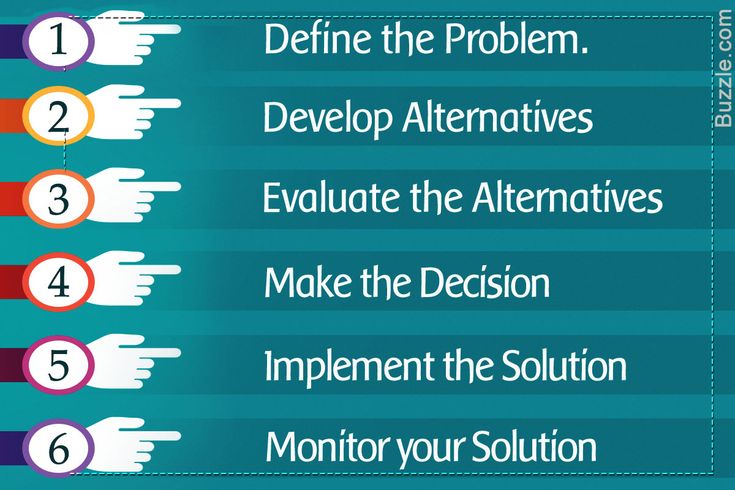 nine0007
nine0007
You ignore difficult problems
The easy way is not always the right one, so you should not be guided by the criteria "difficult" or "easy".
Best Decision Making Guide
Theodore Roosevelt said, “At the moment of making a decision, the best thing to do is make the right decision, the worst thing is to make the wrong decision, and the worst thing is not to make any decision.”
And yet, when it comes to making decisions, we are afraid of taking the wrong step. As a result, we sit idle in the hope that the right decision will come naturally over time. You already know that this is not the best way, especially when it comes to the distribution of work tasks and team management. Instead, it makes sense to identify what skills and tips will help you make faster decisions that previously baffled you. nine0007
“Leaders aren't afraid to make decisions,” says behavioral and marketing psychologist Dr. Elliot Jaffa. "It's only for the followers."
Indeed, the ability to make decisions is one of the pillars of effective leadership.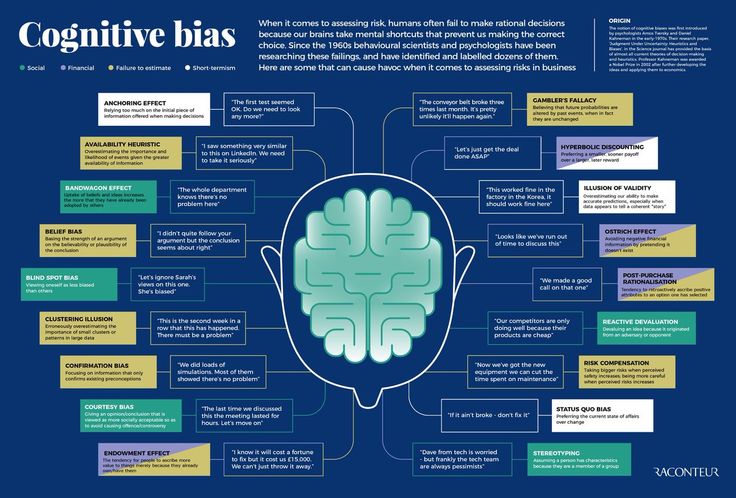 But, no offense to Teddy Roosevelt, this is easier said than done. Let's see what strategies will help you develop decision-making skills.
But, no offense to Teddy Roosevelt, this is easier said than done. Let's see what strategies will help you develop decision-making skills.
Obstacles to making the best decisions
We have all had good and bad decisions in our lives. Why is this happening? Many factors influence the consequences of our decisions. nine0007
“One of the obstacles is the false belief that we don't have time to think,” explains Mike Kallet, CEO of HeadScratchers and author of Think Smarter . “It’s stupid because if you don’t think things through well, you will make mistakes and end up wasting more time, not to mention wasted money and missed opportunities.”
As a result, when it comes to decision making, we often prioritize speed over efficiency. “We get paid to do business,” Kallet continues. “And we ourselves like it when the work goes well. And when we take a break to think about a problem, we often feel like we're wasting time." nine0007
Another obstacle to decision making is obsession. “Decision fixation comes from the way our short-term memory works,” says Yolanda Berry, MSc in Behavioral Economics and Principal Consultant at UK Behavioral Economics.
“Decision fixation comes from the way our short-term memory works,” says Yolanda Berry, MSc in Behavioral Economics and Principal Consultant at UK Behavioral Economics.
Berry gives a simple example. If you ask someone for the last two digits of their social security number, and then ask them to guess the number of African countries that make up the UN, the number given will be higher if the number was closer to 99 than to one.
"Although there is no direct connection between the two answers, the fact remains that the number left in our short-term memory affects our ability to make correct guesses," she says.
Decision fatigue is another phenomenon that can seriously affect the search for reasonable decisions. “There is strong evidence that the number of decisions affects their quality,” Berry continues.
Studies have shown that physicians are more likely to prescribe antibiotics at the end of a shift than at the beginning. And judges are more likely to turn down parole requests in the evening than in the morning.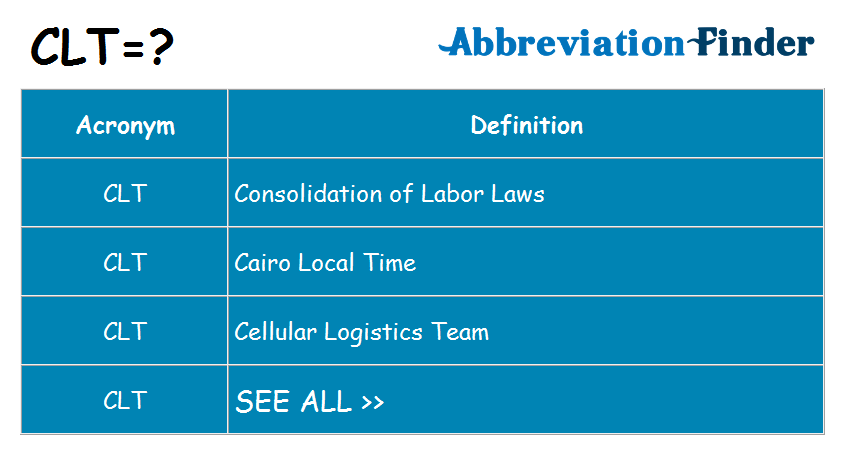 This clearly proves that decision fatigue is real. This significantly reduces our chances of making the right choice. nine0007
This clearly proves that decision fatigue is real. This significantly reduces our chances of making the right choice. nine0007
How to make good decisions
Now that we have identified the barriers to making good decisions, it's time to determine what strategies increase the chances of overcoming them. Here are six tips to improve your own decision-making skills.
1. Get to the heart of the problem
If you don't know where to start, Kallet's advice is to first determine what the problem is—what exactly we have to deal with. By clarifying the essence of the problem, you can better prioritize. nine0007
“Most of the mistakes in decision making come from not fully understanding the problem and not starting from it, but from the solution found,” Cullet explains.
“What is the purpose of our meeting - is it to make a decision by the time it ends, that is, in an hour, or is it to explore all possible options? asks Teresa Huston, Ph.D., and author of How Women Decide in the Harvard Business Review Ideacast. “These are very different goals.” nine0007
“These are very different goals.” nine0007
By understanding the problem and prioritizing accordingly, you will have a basis for making a more informed decision.
2. Get rid of the need to make secondary decisions
Stop for a moment and remember the most famous entrepreneurs in the world. Now imagine their most famous clothing. Strange request, right? But I bet you're now imagining Steve Jobs' famous black turtleneck or Mark Zuckerberg's unchanging gray T-shirt. nine0007
We have already discussed the impact that decision fatigue has on the quality of our decisions. By delegating responsibilities, automating work, or even forgoing decisions that you don't have to deal with personally, you can save mental resources for more important things.
"Advance planning and decision making will take some of that fatigue away," says Berry.
Preparing a dinner menu for the whole week in advance, shifting the decision of issues that no longer concern you to the shoulders of another employee - this clearing of mental space can help you a lot.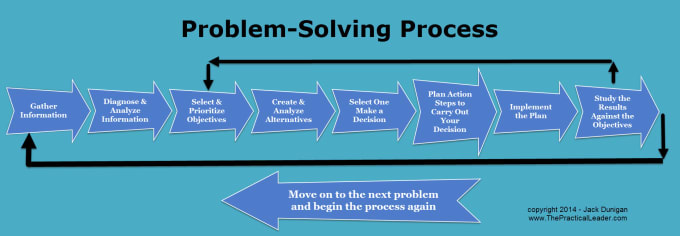 nine0007
nine0007
3. Multiple Choices
“Most people stick to Plan A and never think about Plan B, C, or D,” says Dr. Jaffa. When trying to make a decision, it is important to find options that are truly different from each other.
Houston explains that we easily fall into the trap of being limited to one choice, but convincing ourselves that there really are two: “We often think: should I do this or not? Hire Samantha or not? Should I take a break and walk for half an hour or not? In each of these cases, we have only one choice - I either change something, or stay the same. nine0007
Generally, Houston says, it's best to pick three good alternatives. She gives the example of a company deciding whether to build a garage.
“Instead of having a garage or not, here are three options: build a garage, give all employees bus passes, or let them work one day from home,” she continues. “These are all solutions to the same problem, but they are very different from each other. ”
”
Finding several possible choices will naturally improve the quality of the final solution. In doing so, you really choose the best opportunity, and do not limit yourself to yes or no frames. nine0007
4. Develop a structured approach
It's strange to try to structure your decision making. But believe me: it can be a good help for you.
“A great way to minimize the impact of obsession and other cognitive biases is to carefully structure your decision-making process,” advises Berry. “Training the brain to follow the same routine can help reduce the impact of extraneous memories.”
This may seem too complicated, but this is a misleading impression. Your procedure can be quite simple - for example, come up with a sequence of questions that you will ask yourself every time you have to make another decision. nine0007
“That's why the most effective project managers always see the risks and dependencies clearly when they plan a project,” Berry continues.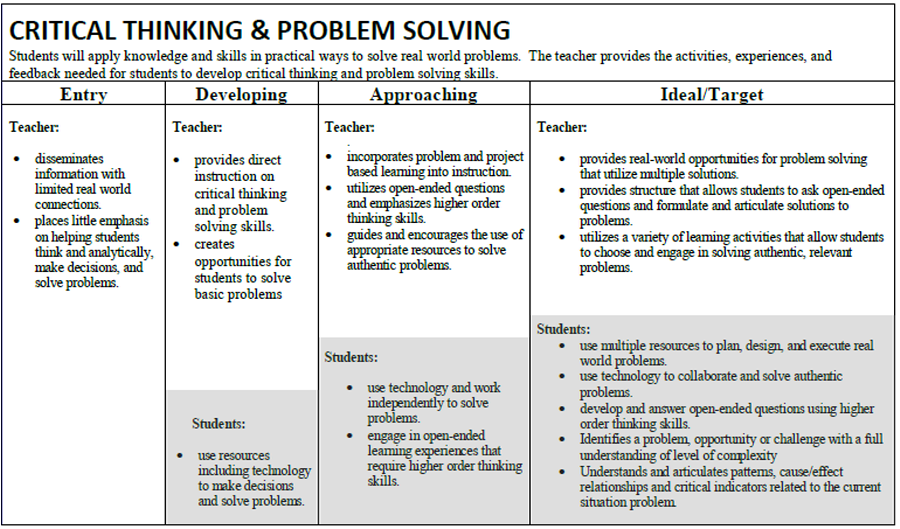 “Flow charts, action plans in difficult situations and decision matrices not only help to get rid of cognitive distortions, but also help to make decisions in advance based on a whole block of possible scenarios.”
“Flow charts, action plans in difficult situations and decision matrices not only help to get rid of cognitive distortions, but also help to make decisions in advance based on a whole block of possible scenarios.”
Sit down and think about how you might structure your decision-making process. Whether it's a sequence of steps to take or items to consider, a chart like this will help you make choices with all the information you need. nine0007
5. Postpone the moment of making a decision
You have probably heard that before making an important decision, you need to “sleep” with it. If you've previously rolled your eyes and thought it was banal, we advise you not to brush it off so quickly. As it turns out, postponing an important decision a little , you really can make the most successful choice.
“Whether you actually sleep or not, the bottom line is that it's always good to push back the moment of choice a little,” says Houston. “It may not be possible to delay it for a week, but even one hour can significantly affect the result. ” nine0007
” nine0007
Consider, for example, a study conducted at the School of Business and Economics at Maastricht University: using the Ultimatum game and 168 participants, scientists concluded that postponing a decision a little, we usually achieve the best results.
6. Look outside
When you're trying to solve a problem, it's easy to miss the forest for the trees. That is why scientists advise looking at the situation by asking yourself one question: What advice would you give to a friend in the same situation? nine0165 An outsider's perspective can give a more objective picture and help take into account all the available information and different points of view on the problem.
This is supported by research from the University of Waterloo and the University of Michigan. The researchers conducted a survey among 100 people and asked a question about relationships. Some were asked to imagine that their partner or spouse was cheating on them, others that their friend was the victim of infidelity. Participants then filled out a questionnaire that assessed their rational thinking skills. nine0007
Participants then filled out a questionnaire that assessed their rational thinking skills. nine0007
“As the researchers expected, respondents who tried to help a friend showed a more rational approach than those who thought about themselves,” explains Melissa Dahl in an article in New York Magazine.
If you feel like you can't make up your mind about anything, try the same tactic and look at the situation from the outside. Ultimately, this will help to find a more reasonable solution.
It's time to make the right decisions
The ability to make the right decisions is one of the most important components of effective leadership. But, unfortunately, this is often easier said than done. nine0007
If you (like many of us) find it difficult to make decisions, here are some helpful strategies that can help you develop this valuable skill:
- Figure out exactly what the problem is.
- Leave minor decisions to others.
- Find some decent choices.
